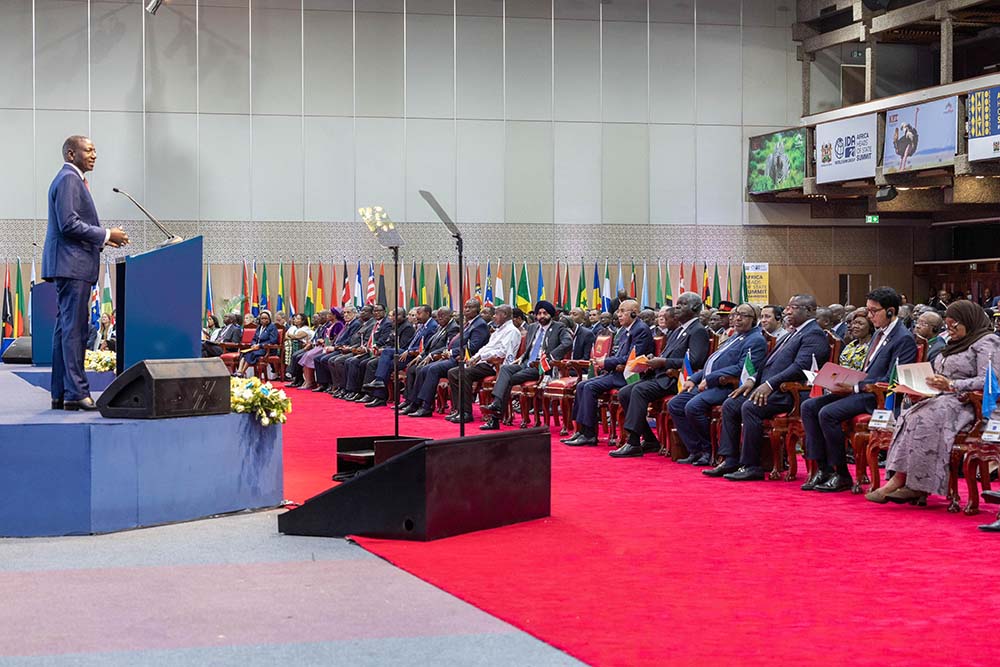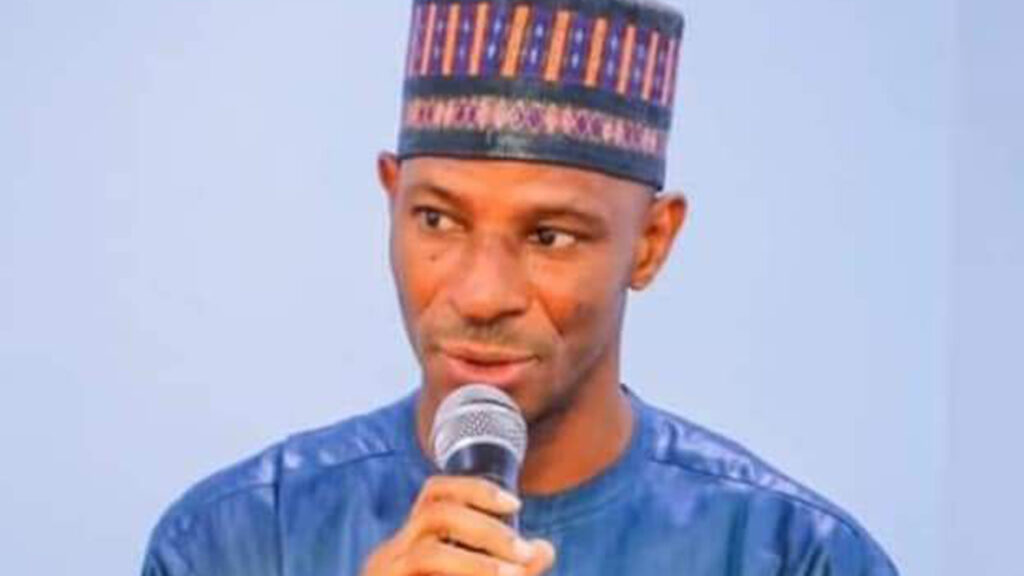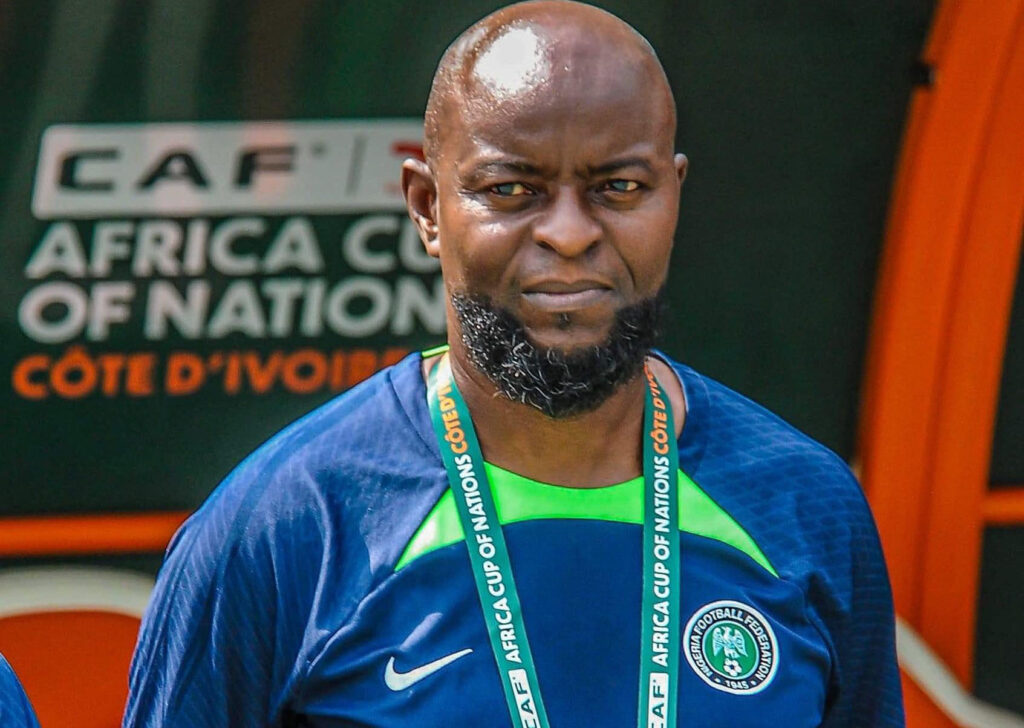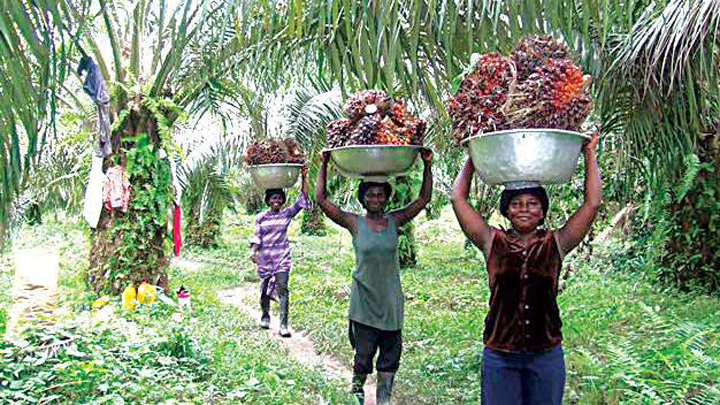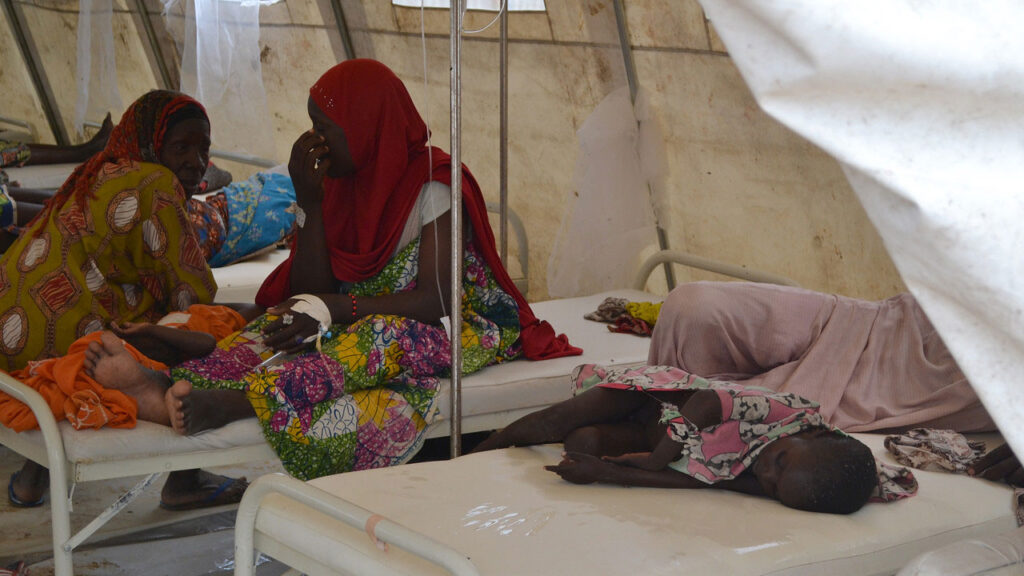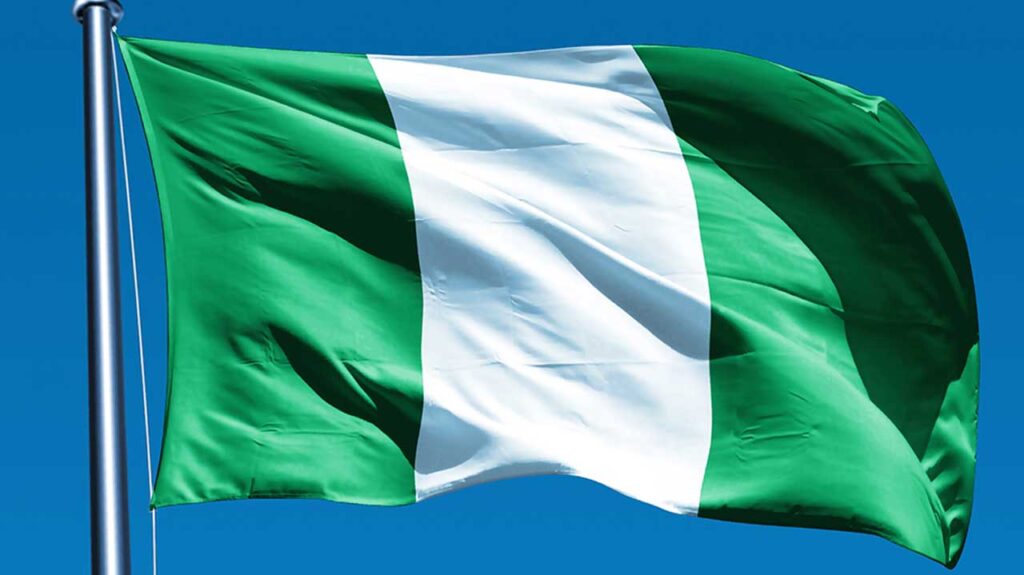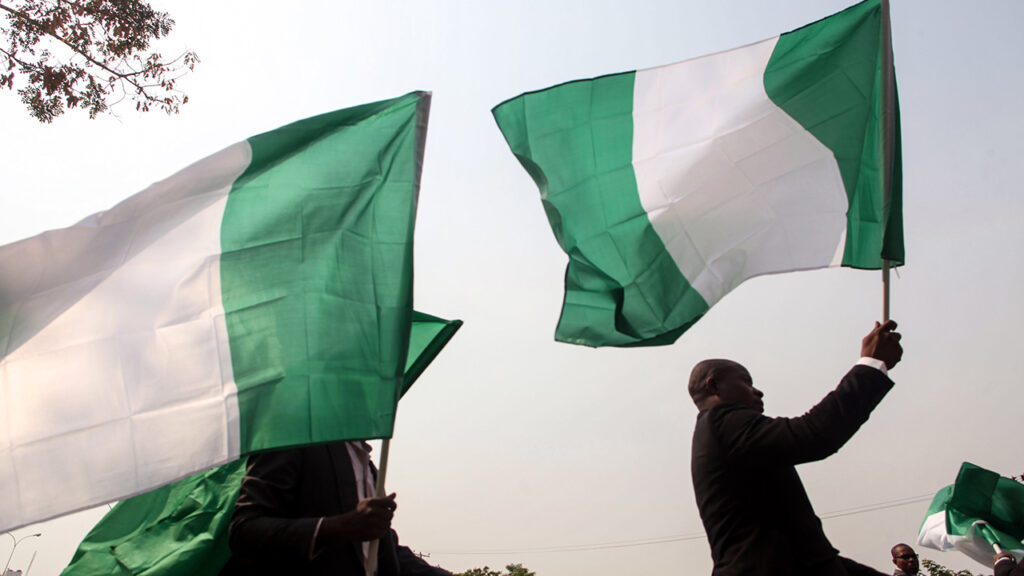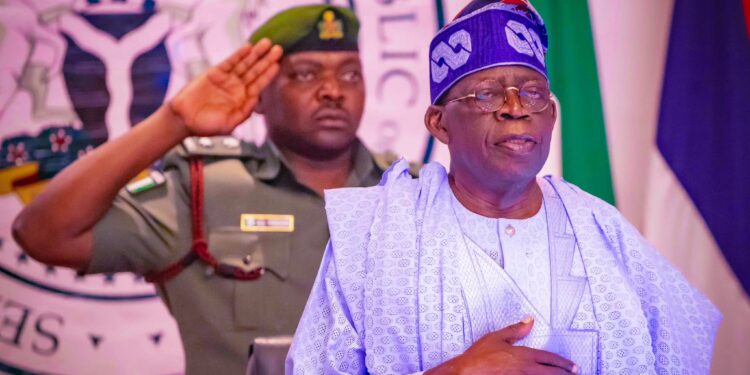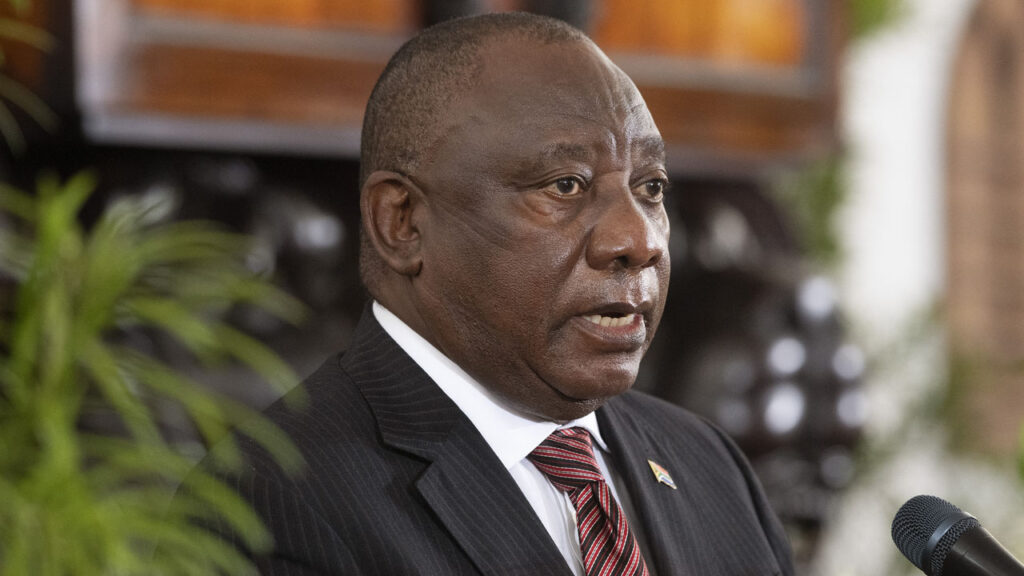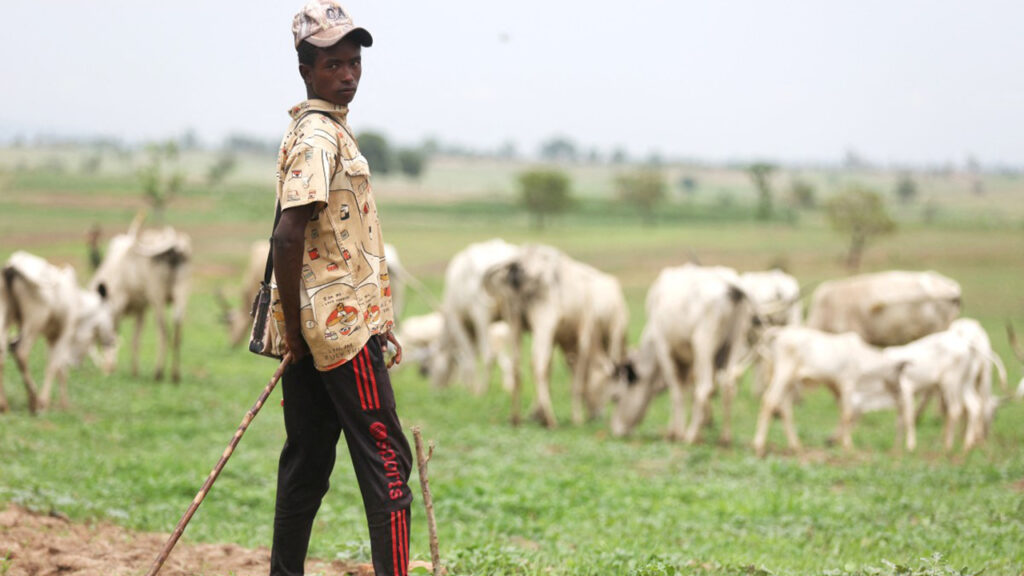 Unless African leaders exhibit determination and take a pragmatic approach to liberating the continent from the over-reliance on other continents for realisation of her development aspirations, Africa may remain underdeveloped for longer than may be imagined.
Unless African leaders exhibit determination and take a pragmatic approach to liberating the continent from the over-reliance on other continents for realisation of her development aspirations, Africa may remain underdeveloped for longer than may be imagined.
Intermittent begging for foreign ‘credits’ by the heads of African countries to develop their domains,that are known to be richly blessed with natural resources,is becoming embarrassing. It is time to look inward and come up with a strategy on how to curb wastage, tackle corruption and use the abundant resources to achieve the national goals of the African states, instead of begging for financial support that may never yield the desired result.
A report on a recent meeting of 19 heads of African countries with the lending institution, International Development Association (IDA) in Nairobi says that the leaders asked for $120 billion to support the continent’s development.
Specifically, they asked IDA for the money to support them to invest in human capital, extend energy and digital access, improve upon infrastructure, health and education facilities, and strengthen the resilience of their countries to climate change. According to them, the billions requested will match Africa’s development aspirations and the realization of the continent’s economic and development agenda.
In an increasingly interdependent world in which no one can claim total self-sufficiency, it looks reasonable for countries in need to seek assistance on self-respecting and mutually beneficial terms from one or another. The first point to make is that indeed, such assistance should reasonably be collaborative and cooperative, instead of being based on giver- beggar relationship. Alas, on the one hand, this is more a story of financial ‘support’ from foreign sources since the end of colonialism in Africa.
The point cannot be stressed enough that these ‘assistance’ or ‘support’ or whatever name they are called, have not yielded the much-touted andhighly expected economic development, rather they have pushed the receiving countries deeper into impoverishment. Anotherpoint is that, the role of most African leaders in the injudicious utilization of foreign-sourced funds can only be described as scandalous. This should never be so if they were true to Africa, their fatherland. The urgent and pertinent question then is: are the conditions right and the justification sufficient for injection of more IDA-type funds into the economies of African countries? It is regrettable to say that experience does not support it.
The IDA, it must be firmly kept in mind, is one of the lending institutions within the World Bank Group and it is described as ‘a development finance institution which offers concessional loans and grants to the world’s poorest developing countries’. It is claimed that ‘it aims to reduce poverty by providing zero to low interest loans (called “credits” ) and grants for programmes that boost economic growth’.
IDA financial assistance is further claimed to ‘help countries invest in their futures, improve lives, and create safer, more prosperous communities around the world’. It is noteworthy that repayment of these ‘credits’ are stretched over 30 or even 40 years. This is decades of indebtedness and repayment in the life of a nation.
As far back as 1980, just about two decades into self-rule by African countries, disappointed African leaders articulated a bold step for self-help in what is known as the Lagos Plan of Action (1980-2000). It was triggered by their total disillusionment with the outcomes of the ‘supports’ Africa received from foreign sources during the preceding 20 years. The preamble to the 132-page document on the planned action speaks much about why Africa can and must be developed by Africans with the will to do so.
The preamble lamented that ‘the effect of unfulfilled promises of global development strategies has been more sharply felt in Africa than on the other continents of the world. Indeed, rather than result in an improvement in the economic situation of the continent, successive strategies have made it (to) stagnate….’ ‘Faced with this situation, and determined to undertake measures for the basic restructuring of the economic base of our continent, we resolve to adopt a far-reaching regional approach based primarily on collective self-reliance’.
The heads of state went on to commit themselves and their countries to a series of measures that would achieve the clear and single goal of Africa’s development through ‘self-reliance’. ‘We commit ourselves, individually and collectively, on behalf of our governments and peoples, to establish national, sub-regional, and regional institutions which will facilitate the attainment of (the) objectives of self-reliance and self-sustainment.’ ‘More specifically, we commit ourselves, individually and collectively …to give an important place to the field of human resource development by starting to eliminate illiteracy… to cooperate in the field of natural resource control, exploration, extraction and use for the development of our economies for the benefit of our peoples and to set up the appropriate institutions to achieve these purposes’.
Having copiously lamented ‘with distress, that our continent remains the least developed of all continents (in 1980)… with almost total reliance onexport of raw materials’, the summit resolved thatAfrica’s huge resources must be applied principally to meet the needs and purposes of its people.The continentmust map out its own strategy for development and must vigorously pursue its implementation. Africa must cultivate the virtue of self-reliance. This is not to say that the continent should totally cut itself off from outside contributions. However, these outside contributions should only supplement our own efforts they should not be the mainstay of our development.
Any head of an African state who has read the Lagos Plan of Action cannot be clamouring for foreign ‘credits’ repayable over decades to realise Africa’s developmental aspiration; It is a self-demeaning walk into what the respected intellectual Chinweizu would term ‘debt trap peonage’.
They say he who goes a-borrowing goes a-sorrowing. In this connection, the late political sage,Chief Obafemi Awolowo, during a parliamentary debate on foreign borrowing by the Tafawa Balewa government, warned that ‘surely we cannot go on forever living on loans and credits (for) any individual who does that will soon find himself in …debtors’ prison’.
Africa, all reasonable people have concluded, is sufficiently rich in human and natural resources to have no cause to be poor or to be indebted to other continents, except if the continent is cursed with self-seeking leaders. Under their collective watch, it is estimated that illicit financial flow worth about $ 1.4 billion drained out of Africa’s economy between 1980 and 2009.
More recently, African Development Bank official,Lamine Barrow, reportedly said that African countries suffered an $88.6 billion loss to corruption and illicit financial flow between 2013 and 2015 alone. African leaders gathered cap in hand in Nairobi would do well to reflect on these embarrassing reports and act on them.
A nation rises or falls on the quality of its leadership. We should think that instead of mindlessly begging for foreign ‘credits’ to develop their countries thereby leading their people into future debtors’ prisons, Africa’s heads of state and government should examine themselves honestly, hone their character, competence, and intellectual capacity to look inward. They will find, without a doubt, thatthey have in their domainsall they need to develop their countries to the envy of their foreign counterparts.
Kwame Nkrumah said that Africans must find African solution to ‘our problems’; Steve Biko warned that in this dog-eat-dog world of competing interests, ‘Black man, you are on your own’.Rather than wait for foreign institutions pursuing their own interests to come and develop this continent, we challenge African leaders to rise above meanness and trivial pursuits and lead their countries into greatness.

